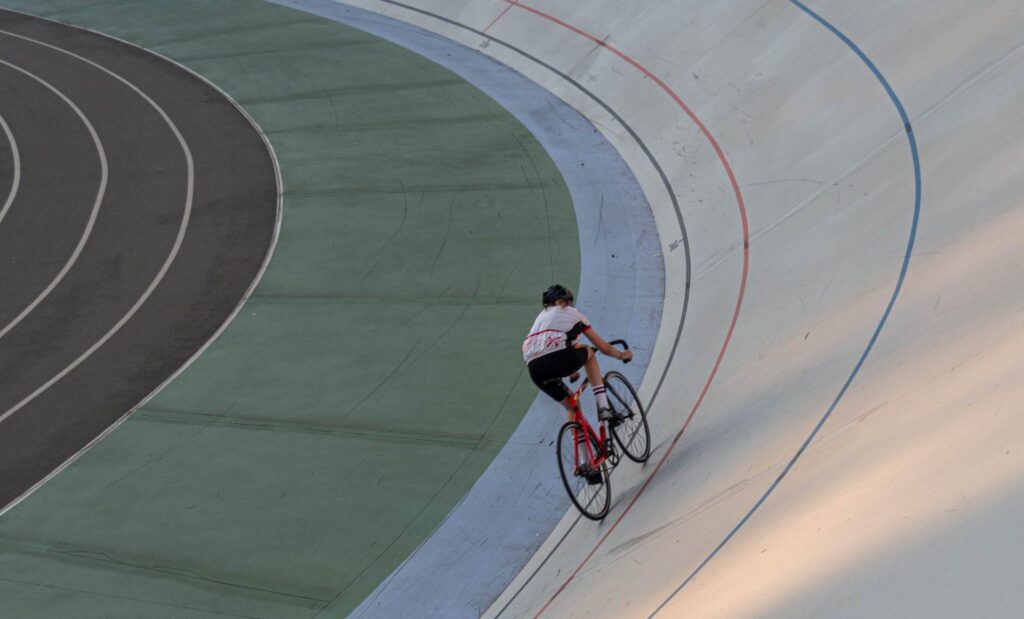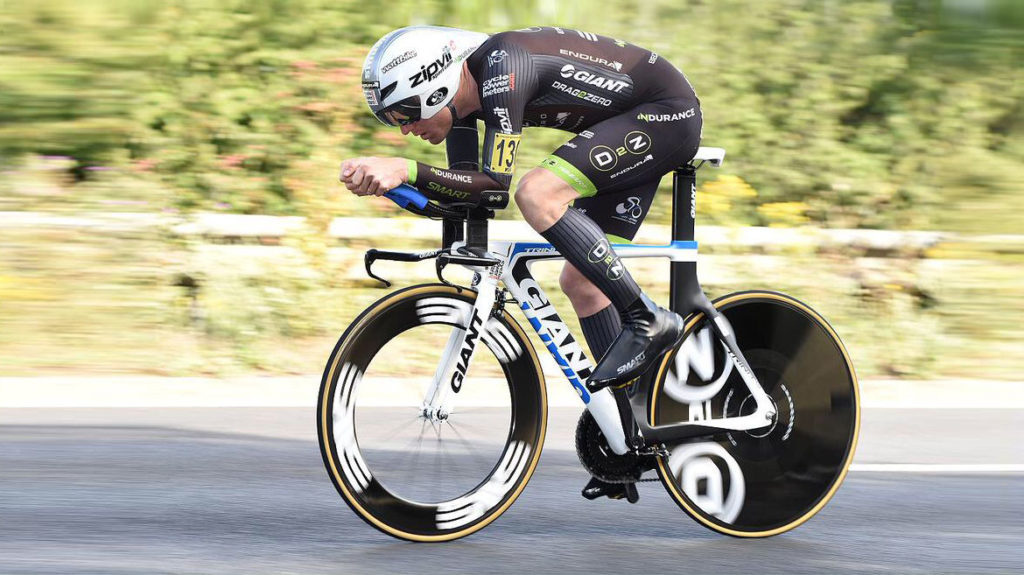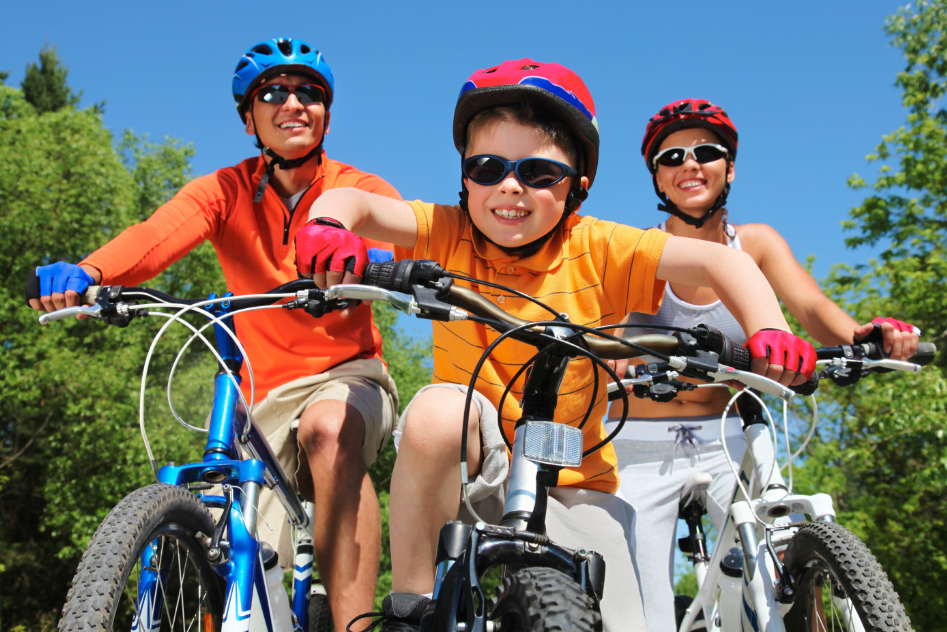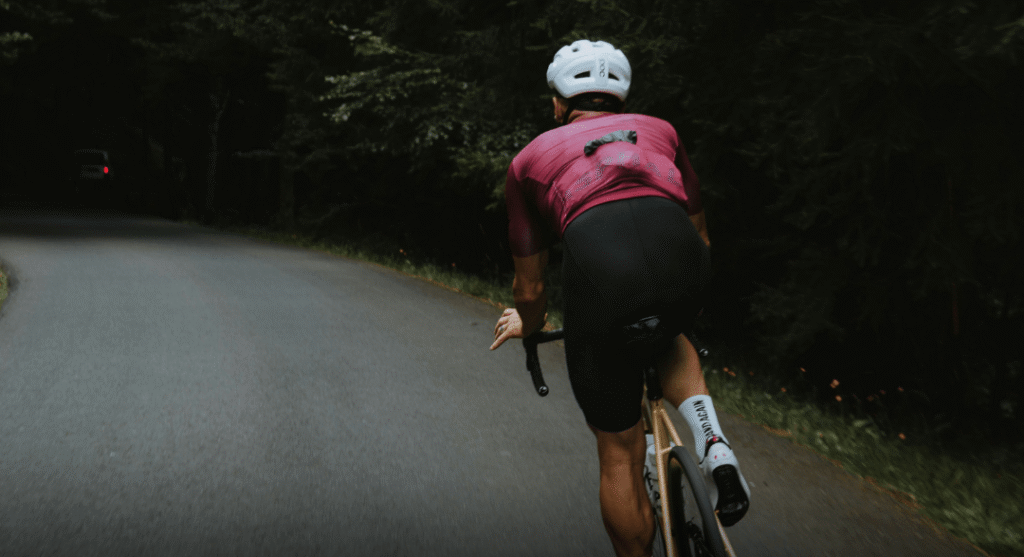Recently, I became ill. I also regularly do a high volume of training. My friends would say these two things are related and they might be correct. Training a lot does suppress our immune systems, both of these things are energetically expensive and the body can only meet so much demand. This is why the combination of a big training camp in Spain and a trip through Barcelona airport at the height of spring cold season lead to the inevitable – a flu like illness that may or may not have been COVID. I was shocked at the amount of controversy my decision around what to do about training generated which led me to begin researching this blog.
There’s definitely something going around at the moment, the café I’m writing this from is rife with sneezing and two mates have cancelled rides through illness in the last three days. The question is, when illness catches up with you – what should you do?
Three steps to avoiding illness
Staying healthy is obviously the best way to make sure your training isn’t derailed by illness. While avoiding sickness forever isn’t a realistic goal, there are some things you can do to give your immune system a hand.
Eat enough
If we aren’t meeting our daily caloric demands, the immune system will stop working at full capacity. While moderate, periodised caloric restriction has been shown to boost immune function (https://www.sciencedaily.com/releases/2010/04/100429111015.htm) chronic low energy availability does the opposite. Extreme caloric restriction, of more than 40%, is associated with a reduction in immune function (https://www.nih.gov/news-events/nih-research-matters/calorie-restriction-immune-function-health-span). This may sound like a lot, but a 40% gap in calories is easy to achieve if you’re riding – for me all this needs is around an hour and a half on the bike at an easy endurance pace without eating any more than usual.
Sleep enough
If sleep was a drug, its impact on performance and recovery would be so large that it would be banned by WADA. Sleep is incredible. There are thousands of studies which show that sleeping is hugely important for immune function. This paper ( https://www.nature.com/articles/s42003-021-02825-4 ) says “Epidemiological and laboratory studies have demonstrated detrimental effects of sleep deprivation on health. Sleep exerts an immune-supportive function, promoting host defence against infection and inflammatory insults.” Getting adequate sleep is hugely important in any athlete’s quest to stay healthy.
Fruit and veg
Fruit and vegetables are good for us, this is something that we are all taught at school but the impacts are very real! It has been shown to boost immune function (https://academic.oup.com/ajcn/article/96/6/1429/4571488) and consuming enough of these, five to seven portions per day, will significantly boost our body’s ability to fight off any bugs we pick up.
Following these steps around training will not only make it less likely that we become sick, but will also reduce the severity of illnesses that we do pick up. This reduces the amount of time that your training is impacted for. On top of these, ensuring that we aren’t training beyond our ability to recover is also vital – overtraining will make sickness much more likely.
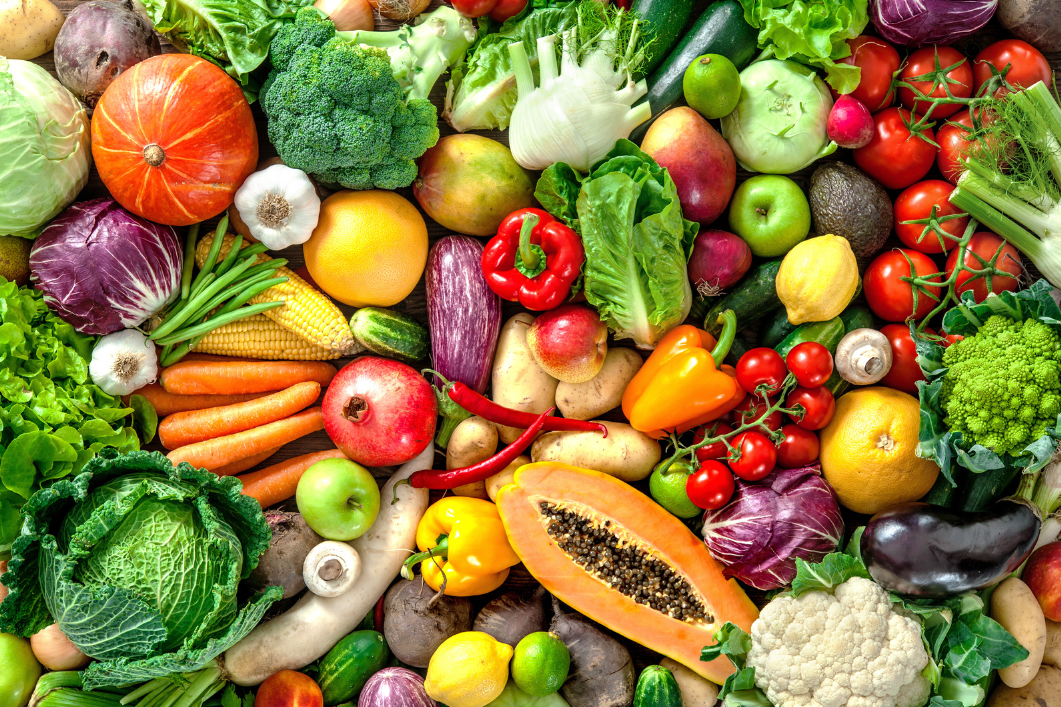
What should I do about training if I do get ill?
My personal approach is just to take time off until I’m recovered. This has proven much more controversial than I realised – coaches that I’ve spoken to were surprised by my approach as were athletes across many sports. Personally though, I didn’t see the point in training terribly and risking amplifying my illness – taking time off when you’re ill is the conservative approach. Generally speaking, this is an attitude I take to all injury and illness however, as I prioritise consistency over almost anything else and this approach protects that.
Above or below the neck
The common ‘rule of thumb’ used by coaches as to whether or not you should train is where your symptoms are sitting. If you are ill above the neck, such as a headache or runny nose, you can train. If you’re ill below the neck, such as a chesty cough and muscle aches, then you shouldn’t train. This is a rule that’s served a lot of athletes well over the years but comes with a few caveats…
- All training when ill should be done with a serious reduction in intensity. A full gas effort when you’re ill will make you sicker! Stick to easy endurance zones.
- You will not perform well, don’t race or do performance tests when ill unless you’re forced to such as getting sick half-way through a stage race.
Returning from COVID
Anecdotally, many athletes have had a lot of trouble returning to training post COVID – with some coming back too soon and making the symptoms last longer. This seems to be the case with COVID more often than other respiratory diseases. The coronavirus pandemic certainly changed how many coaches deal with sick athletes. COVID provoked many to adopt a more conservative approach ensuring they were symptom free for 24 hours before a very gradual return to training. This is a safer approach and one that can be used for all illnesses.
Avoiding illness through eating enough healthy foods and sleeping lots is the best way to ensure training isn’t disrupted. When the worst happens and symptoms begin, training through them can often lead to longer, worse symptoms. There are two options. The first is to take the conservative approach which is to stop until symptoms subside. The second option is to train if and only if your symptoms are above the neck. Even in this case training should be low intensity only. The main principle is to allow recovery – do whatever it takes to get back training which sometimes means doing nothing at all!
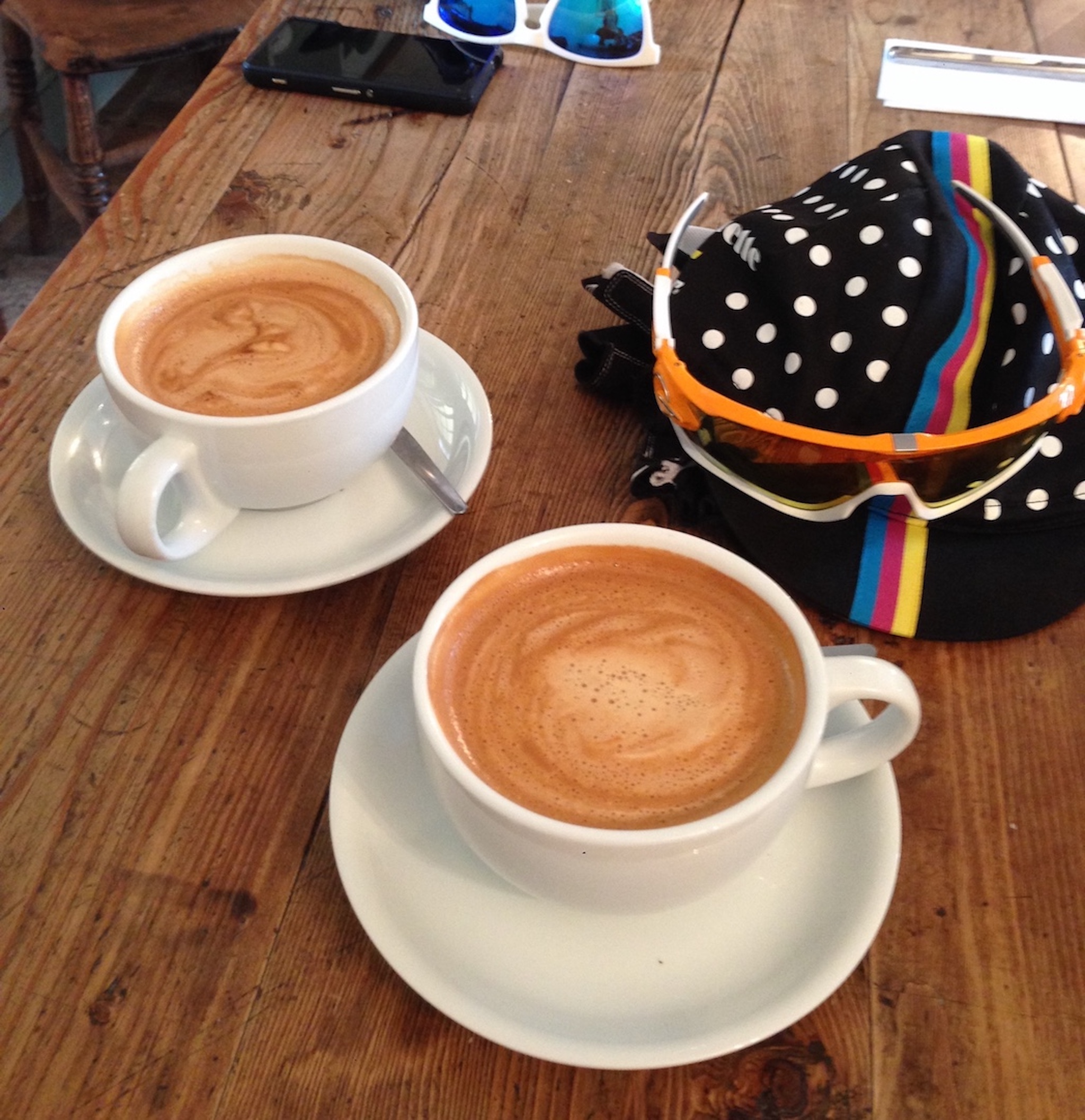
What do you think? Is rest always best or do you plough through regardless? Let us know in the comments!

